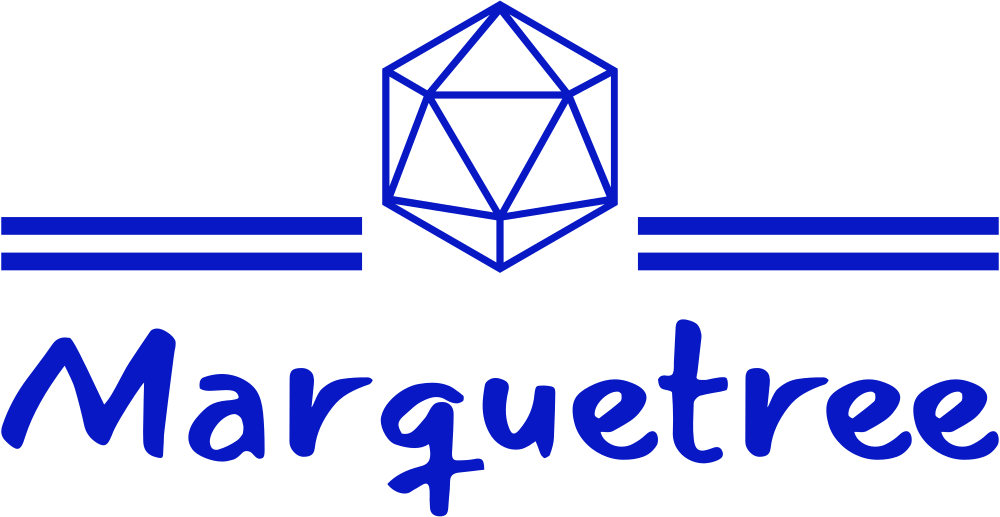Messes multiply quickly in workplaces that bustle with activity throughout each weekday. While professional office cleaning services provided by a company like All Pro Cleaning Systems periodically clean communal areas, maintaining organization moment-to-moment falls on each employee. Establishing tidy habits prevents overwhelming accumulation between deeper cleanings.
Start Small
Overcommitting to extensive lists of new procedures overwhelms staffers attempting improvements. Begin with easily incorporated tasks requiring minimal effort; quick daily tidying establishes the pattern of addressing messes rather than ignoring them.
For example, request everyone spend the last five minutes of the workday straightening their desk surface and containment areas like drawers or cubbies. Simple organizational habits like neatly stacking papers and returning stray writing utensils to holders clears workspace to begin fresh the next morning.
Make it Visible
Hidden messes easily get forgotten and neglected. Place cleaning checklists displaying quick assignments prominently around the office. Positioning reminders above trash cans prompts properly disposing waste rather than dropping items nearby. Lists posted on cupboard fronts cue putting items away correctly after each use.
Pair visual directives with verbal reinforcements during meetings. Periodically thank staffers for upholding tidiness efforts while gently reiterating procedures if slipping performance indicates forgotten compliance. Displaying leadership commitment encourages company-wide cooperation.
Restock Supplies
Frustration emerges when attempting tasks without proper provisions. Refill paper towels, disinfectant sprays, waste bin liners, and other cleaning necessities before they empty. Check inventory weekly as part of maintenance protocols.
Proactively restocking saves employees the hassle of temporarily tidying areas with improper tools and then needing to correct issues later. Fully furnished stations prevent delaying or forgoing cleaning tasks upon realizing items are unavailable.
Install More Receptacles
The easiest way to prevent trash overflows is providing more disposal sites. Overflowing containers discourage properly throwing away debris, causing clutter around full bins. More wastebaskets with ample capacity reduce pileups.
Place paired sets for separating recyclables and food waste to prevent cross contamination. Having dedicated disposal options nearby removes the excuse of uncertainty around proper sorting when rushing between tasks. Clearly labeled openings indicate acceptable contents.
Strategize Smarter Storage
Out of sight often translates to out of mind. Position frequently used items like office supplies, electronics accessories, and cleaning tools within immediate sightlines. Daily interacting with visible components prompts remembering related tasks like restocking shrink-wrapped item orders or retrieving once common components now buried behind stacks.
Label drawers, shelves, and storage containers to clearly define intended contents. Miscellaneous spaces accumulate quick clutter, so specificity of purpose helps staffers accurately return things to proper homes.
Review Maintenance Contracts
Some cleaning tasks require extensive equipment, products, and human resources that exceed independent capabilities. Facility maintenance contracts supply these provisions for routinely deep cleaning floors, windows, ductwork, and sanitizing restrooms. Review existing agreements to ensure adequate service frequency given office layout and staffing size.
As needs evolve, request revised quotes for more or less frequent attention. Check that all high-traffic areas remain professionally serviced between regular cleanings. Updated contracts better provide the supplemental support needed to uphold cleanliness.
Instill Individual Responsibility
Encourage employees to notice then resolve cleaning needs rather than assuming another person will eventually address issues. Provide tidy duty checklists distributing basic tasks across all staff throughout each week. Rotating daily and weekly assignments equally shares work while allowing specialization proficiency performing the same tasks.
Schedule short end-of-week review meetings for staffers to share observed areas needing improvement. Discuss who can help remedy concerns through peer collaboration rather than purely manager delegation. Facilitate solution-focused dialogue empowering each employee to uphold standards.
Conclusion
Transforming tidiness into instinctive habit requires companywide commitment. Implement small changes consistently over time until spotless surroundings feel automatic. Patiently reinforced cleaning procedures make maintaining office cleanliness easy routine.
